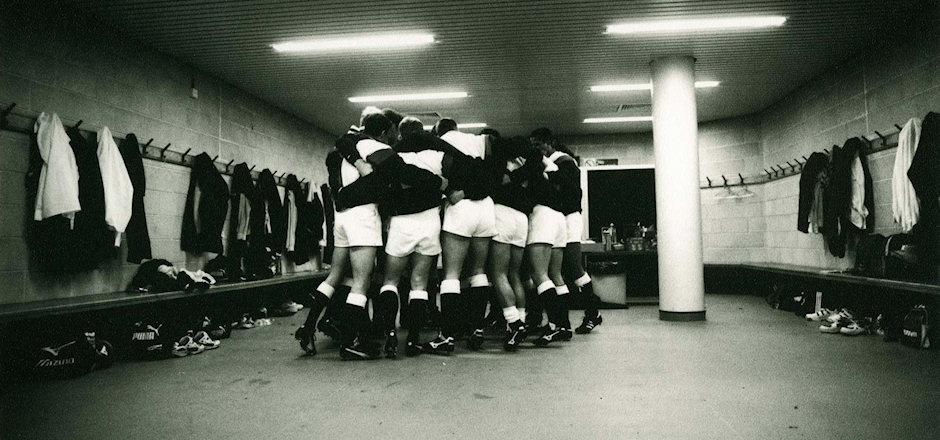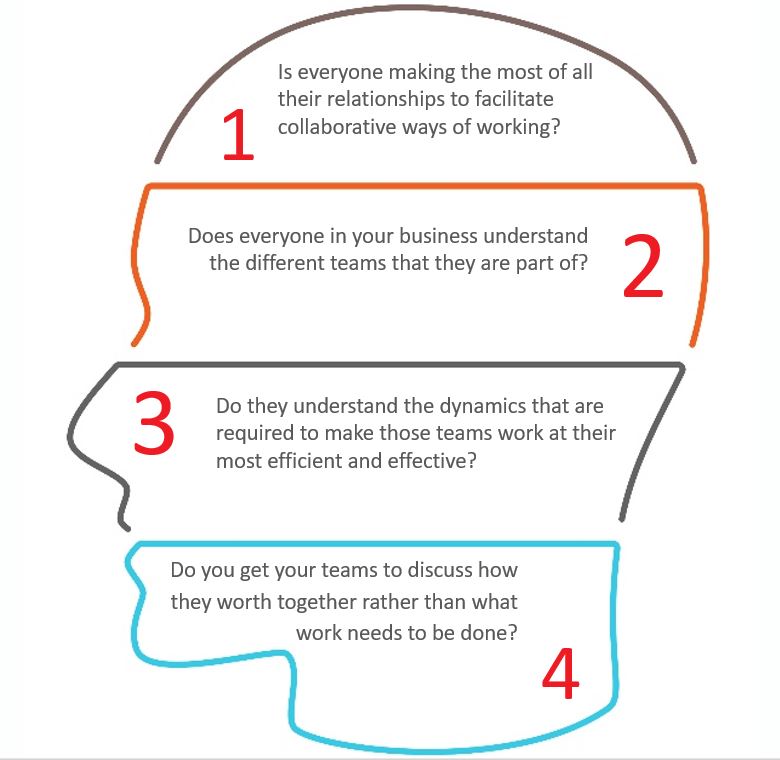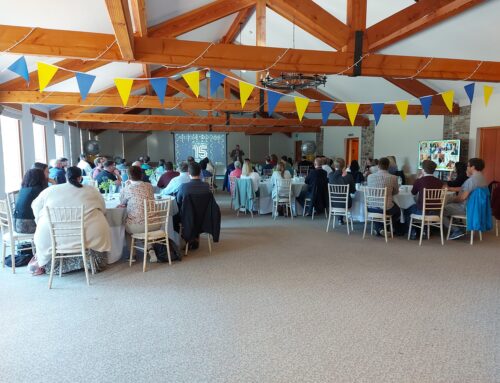The Importance of Teams
Businesses spend a lot of time focussing on commercial targets and KPIs, and although they know the purpose of the different departments and teams within their business, do you ever really focus on how your people work together, both within their own team but how their team should be working with the other teams.
Having worked with many businesses over the years, it never ceases to amaze that many businesses don’t, when it can have such a profound impact on how a business performs!! We’ve even had one business owner say that ‘they don’t need to know how to work together, they just need to get on with their jobs’ – yikes!!

“How do you know that the success of your teams are because they are working together or in spite of them working together?”
For many, the challenges of day-to-day working puts thinking about team-working on the back burner, if it is thought about at all. Yet, by turning the spotlight on how your teams work together, it’s amazing how by understanding the impact of how they work together and implementing small changes in team-working behaviour, it can have such a significant impact on the performance of those teams, and then by default on the performance of your business as a whole – and who doesn’t want that?
However, even if you know you want to improve the way your teams work together, where do you start? if you search Google for ‘Improving Teamwork’ you get over 55 million search results and with all the different ways that ‘team’ and ‘teamwork’ can be interpreted, it can be easy to get lost in the weeds.

The following sections are a few suggestions from us at Wingman, things that we’ve come across over the years or tips and ideas to give you something to think about when you start to focus on the teams in your business.
Here are some of the main things we’ve come across for you to think about as you work towards improving the team dynamics across your business.

So, What do We Mean by Team?
Collins English Dictionary defines a Team as simply ‘any group of people who work together’, and it really is that simple. Where it gets less simple is when those groups of people are identified and then become fixed in that identity.
When you look specifically at businesses, teams tend to be defined by departmental or leadership function – there’s the Marketing Team, the Sales Team, the Finance Team, The Board, the Heads of Department, the Team Leaders, and so on.
However, if you shift your perspective slightly, surely these are actually sub-teams – the most important team is actually the whole business. Shouldn’t everyone in the business be working together with the shared overall goal of helping that business to succeed?
But if that is actually the case, why do so many businesses fail to recognise the importance of cross-functional team relationships.

Who’s in My Team?
Does everyone in your business understand all the other teams and the part they play to make the business work? The majority may have a pretty good idea, but if you asked everyone, would they all give you the same answer? Most people who work in a business will understand the organisation chart, which departments there are, who reports to whom, and so on. But a lot of those won’t have a clear understanding of the key cross-functional relationships unless it involves their own team.
One of the things we frequently come across is a ‘them’ and ‘us’ attitude, especially between client-facing teams, such as Sales, and teams within support functions, such as Marketing or HR, and these attitudes can be remarkably divisive within a business.
There is often a lack of understanding around what support functions actually do and how they can support the client-facing teams. But by making sure that everyone understands what everyone else does and what every other team does, surely the only outcome is that your business will perform better!

Effective Communication is Essential
One of the biggest challenges we see in businesses is a lack of cross-functional communication and the discontent that it can cause. Departments frequently complaining about other departments, cross-functional meetings being held where the focus is on placing blame rather than working together to find solutions. Truly effective businesses have teams who are constantly talking to each other but just as importantly, if not more so, who are also listening to each other. Across all communication there should be consistency, alignment, clarity and courtesy. It’s important to nurture an environment where people are able to disagree openly, but with respect, and where everyone is listened to and decisions are made openly without placing blame.
Teams that can discuss enablers and obstacles with each other, and then work together to enable or eliminate them, will always achieve better outcomes than those that can’t. When was the last time your teams sat down together to discuss what was working well for them in their cross-functional relationships, and what wasn’t but then also took that next step to agree how they could help and support each other?
Things to think about?

Do you want to fly higher and faster with less effort?
If you would like to learn more about how Wingman can help you with the teams in your business, please get in touch.





Leave A Comment
You must be logged in to post a comment.